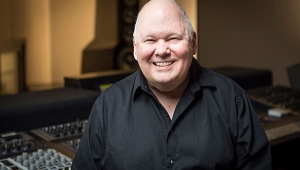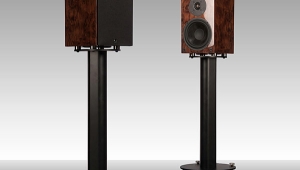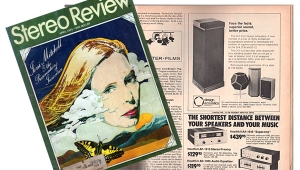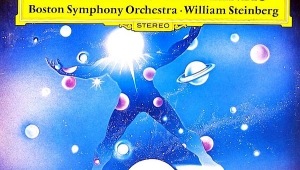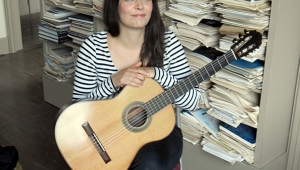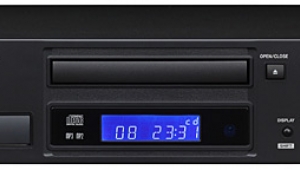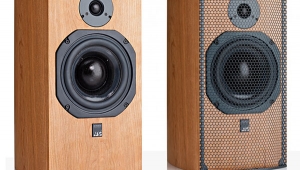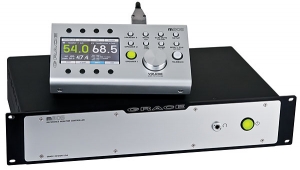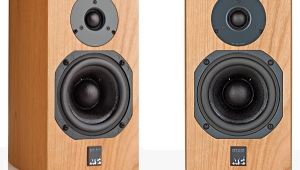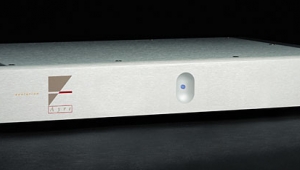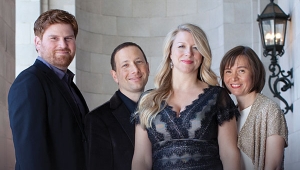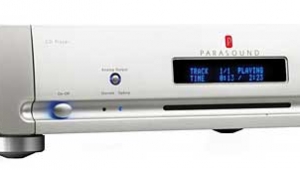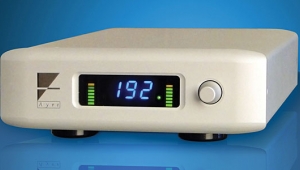| Columns Retired Columns & Blogs |
The Fifth Element #4 Page 2
"Sponsor" a student string quartet
Colleges and universities that have music-degree programs usually have undergraduate chamber ensembles such as string quartets that study and rehearse together for the course term, and then are graded as ensembles. As they're going to have to play through the assigned pieces anyway, why shouldn't they play though them for an hour or two every other week in your living room?
Footnote 4: Not as a passive audience member! You have to cross over into activity, even if it is only helping to pick up the dropped program booklets after a concert.
Colleges and universities that have music-degree programs usually have undergraduate chamber ensembles such as string quartets that study and rehearse together for the course term, and then are graded as ensembles. As they're going to have to play through the assigned pieces anyway, why shouldn't they play though them for an hour or two every other week in your living room?
Every other week of a 16-week semester is eight sessions, and at $25 for each quartet player, that's $800. Spend the rest on a nice dinner for everybody at semester's end. Setting this up may take some networking and the establishing of bona fides. You can call the student employment office as well as the music department.
Which would you rather have: eight private string-quartet practice sessions in your living room or a few meters of wire? Call me Razumovsky.
Hire a professional string quartet
The professionals have to rehearse, too. Colleges and universities that have music-degree programs often have faculty string quartets or professional quartets "in residence." Many orchestras have chamber ensembles made up of section principals. My intuition is that, for an informal private read-through home recital, many professional quartets would be happy to play for a figure ranging from $400 to $1000, largely depending on local circumstances. Imagine: Debussy and Ravel, without jitter or tracking error.
Volunteer
This one is the zero-cash alternative: fundraising, putting up posters, driving, ushering, serving refreshments, cleaning up afterward. There's no shortage of tasks that a local music group, whether youth, amateur, or professional, needs done for every concert. You need not be able to play an instrument, read music, or sing. You'll meet some great people, and you'll also probably get to hear the concerts for free.
Donate
A thousand bucks will send one or two talented kids to summer music camp for a week or two. At student ticket prices, a couple of hundred will send a student orchestra to hear a professional orchestra. You don't have to be a Rockefeller for your giving to make a real difference. Be creative.
Learn
Many local colleges offer courses in music history or music appreciation through their extension divisions, but there is a high-quality alternative that lets you learn on your own schedule at home (or during your commute).
The Teaching Company offers—on audio cassettes, CDs, or video cassettes—a 48-lecture, in-depth survey course in music history, taught by Prof. Robert Greenberg of the San Francisco Conservatory of Music. Greenberg's lively lectures are engaging and insightful in any format, but the video set's visual aids do enhance comprehension. Most highly recommended! May I suggest that knowing what to listen for is even more important than your system's ultimate degree of resolving power? The Teaching Company offers a course in opera, too. (The Teaching Company, (800) 832-2412.)
Well, there are seven ideas. I'm sure you can think of others, or vary these to suit your needs. The goal is to get off the equipment-upgrade merry-go-round, at least for a while, and get actively involved (footnote 4) in the real world.
"But Mr. Marks, we already have a family string quartet, we sing (fluently in Old Slavonic) in our church choir, we subscribe to and volunteer for the local symphony, we support struggling music students, and our monograph on ondes martenot performance practices has just been accepted for publication. And we just have to know which power cord and which interconnect you would buy for about $1000 each! Please! Please! Help! We are hyperventilating!"
I give up.
Okay. If your life is in order in every other respect—and, I guess, stranger things have happened—my first choice in a high-zoot power cord is the Custom Power Cord Company's Top Gun ($650/6'), or their Top Gun H.C.F.i. ($1150/6'). These power cords incorporate proprietary networks that shunt RFI to ground.
Peter Thomson of amplifier manufacturer Plinius was taken aback at the improvement he heard in his flagship SA-250 class-A power amp at a recent trade-show demo when he replaced a power cord that cost more than twice as much with the Top Gun H.C.F.i. But unless your amp's electrical-current demands are excessive, the vanilla Top Gun may be adequate. (The Luxor Group, (800) 795-8975; no Web presence.)
For interconnect, I'm still charmed—if not downright bamboozled—by Wireworld's Gold Eclipse III+ ($750/0.5m pair, RCA-terminated). Lusciously sweet but not at all sticky, the Gold Eclipse III+ is the Piesporter Michelsberg of interconnects. (Wireworld, (954) 680-3848.)
Footnote 4: Not as a passive audience member! You have to cross over into activity, even if it is only helping to pick up the dropped program booklets after a concert.
- Log in or register to post comments
